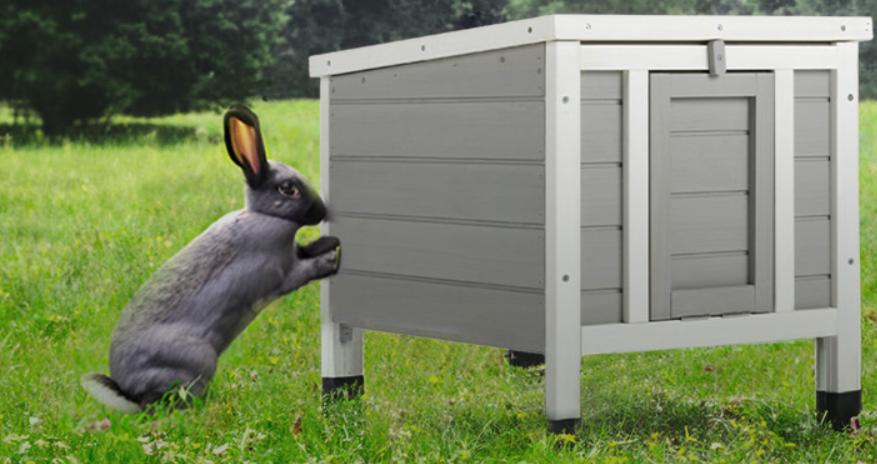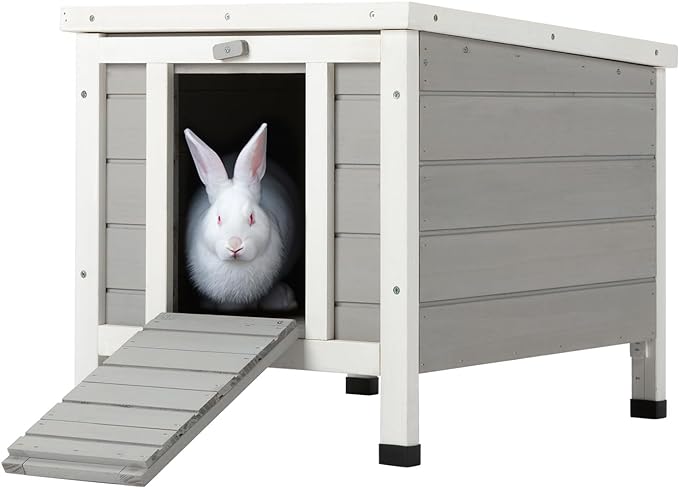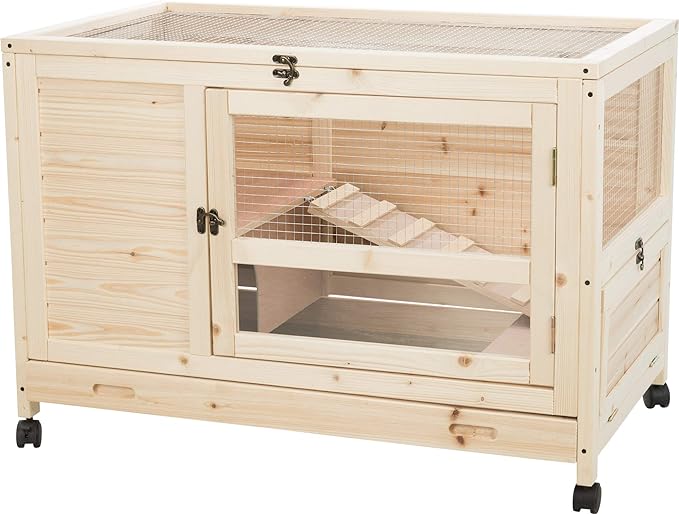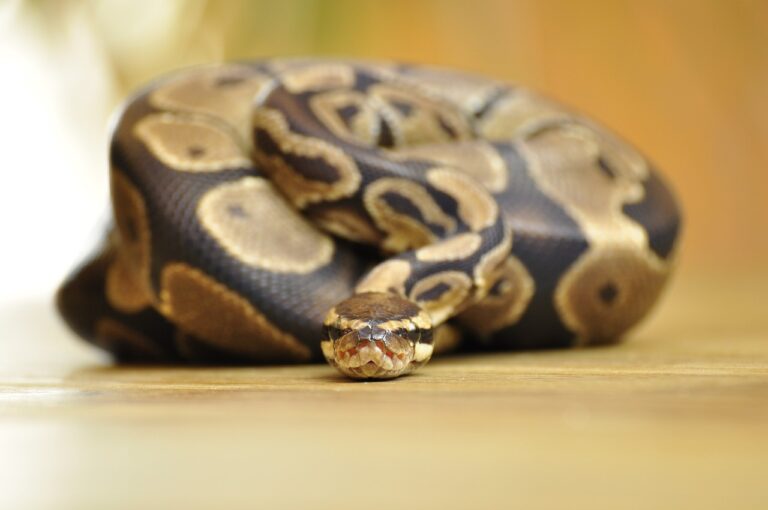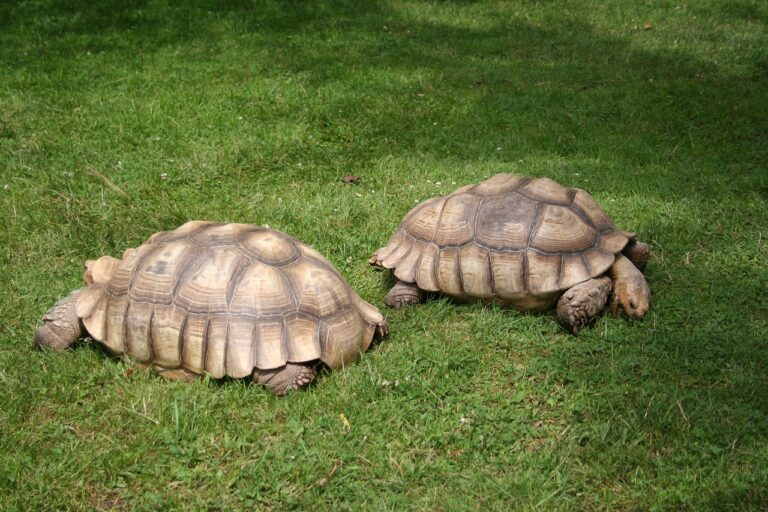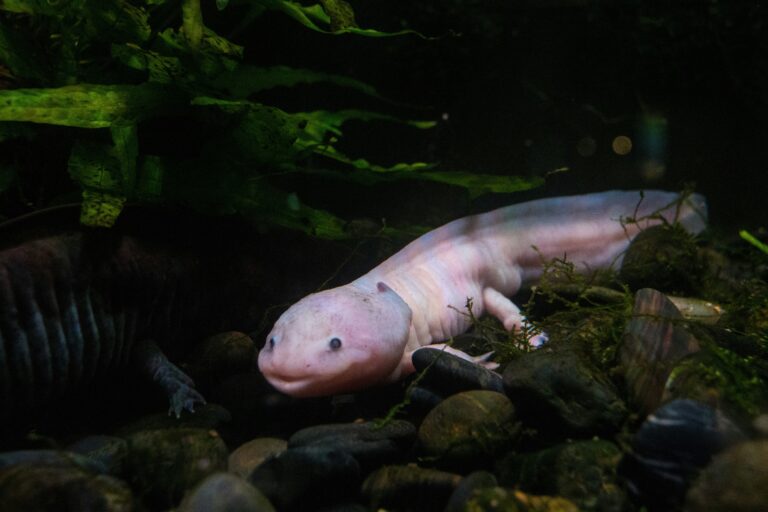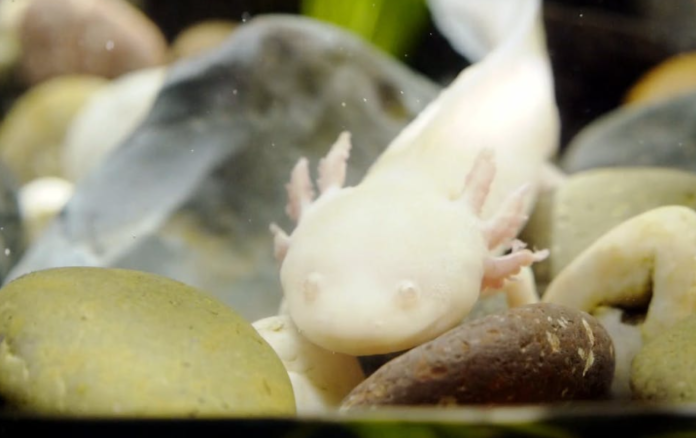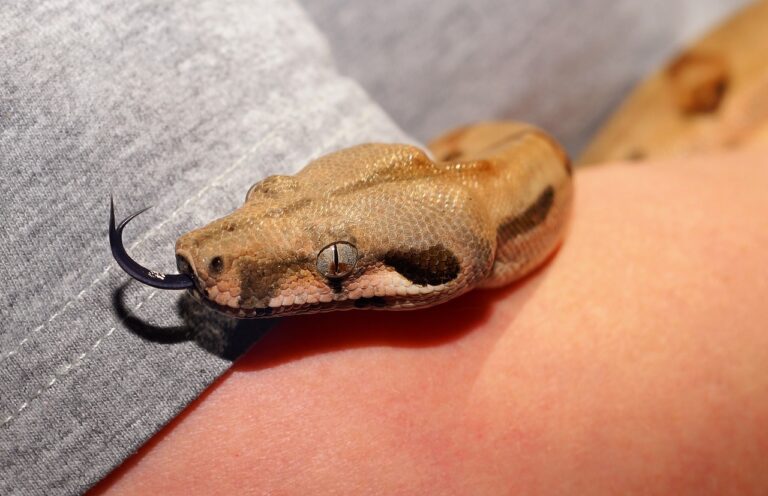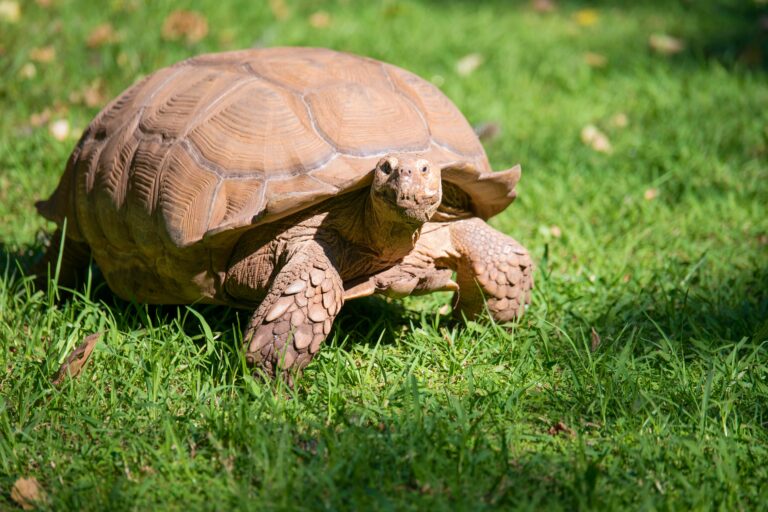Top 5 Safe Woods for Your Rabbit Hutch
What Wood is safe for Rabbit Hutch
Creating a comfortable and safe home for your rabbit is vital to its health and happiness. When it comes to building or buying a rabbit hutch, the choice of wood matters a lot. Some woods are safe for rabbits, while others can harm them. Let’s explore the top five safe woods you can use for your rabbit’s cozy abode.
1. Pine: A Popular Choice
Pine is often a go-to option for many rabbit hutch builders. It’s not only readily available but also lightweight, making it easy to work with. This wood is soft compared to hardwoods, which means your rabbit won’t hurt itself if it accidentally bumps into a wooden edge. Just be sure to use untreated pine, as treated wood can contain chemicals harmful to pets. Pine’s natural aroma can also be comforting for your rabbit. Imagine how nice it is to snuggle into a hutch that smells fresh and inviting!
2. Cedar: Aromatic and Stylish
Cedar wood is known for its unique scent and beautiful color. Many people love the look of cedar, and it can add a stylish touch to your rabbit hutch. What’s even better is that cedar has natural pest-repelling qualities, which can keep unwanted insects at bay. However, while cedar is generally safe in moderation, it’s best to limit your rabbit’s exposure. Using cedar as an accent in the hutch, with more of a solid base made from other safe woods, can strike the right balance.
Few Selected Products from Amazon for your Convenience
3. Birch: Soft Yet Sturdy
Birch is another excellent option for crafting your rabbit’s home. Its fine grain and attractive finish make it a favorite among woodworkers. Birch is soft enough for your bunny, yet sturdy enough to withstand wear and tear. Think of it as the reliable friend you can always count on. Plus, it’s not prone to splintering, which means fewer worries about your furry friend getting hurt. Creating a cozy space from birch can feel like building a warm nest for your little companion.
4. Aspen: The Safe Bet
Aspen wood is often hailed as one of the best choices for rabbit huts. It is soft, hypoallergenic, and safe for chewing. Unlike some woods, aspen doesn’t release harmful oils, making it perfect for your bunny’s sensitive system. Imagine your rabbit enjoying its time in a hutch made from aspen without the risk of allergies or irritation. Plus, the light color of aspen gives a bright and cheerful vibe to the hutch, making it a pleasant place for your pet.
5. Poplar: Unearthly Comfort
Poplar wood is a lesser-known but great choice for rabbit housing. It’s lightweight and easy to work with, which is fantastic if you’re planning to build your hutch yourself. Its smooth surface makes it unlikely for your rabbit to experience any discomfort. Think of it as a soft blanket—a gentle place for your rabbit to rest. Poplar is also affordable, which can help you stay on budget while still ensuring your bunny has a safe and cozy space.
Conclusion: Building with Care
Choosing the right wood for your rabbit hutch is as important as picking the right pet food or toys. With options like pine, cedar, birch, aspen, and poplar, you have a variety of safe materials to create an adorable and functional space for your furry friend. When you invest in safe woods for your rabbit hutch, you’re not just building a house; you’re crafting a loving little home for your bunny to thrive in. So, go ahead and start creating that perfect retreat for your beloved pet!
Must Read : Are Whooping Cranes Endangered? What You Need to Know
